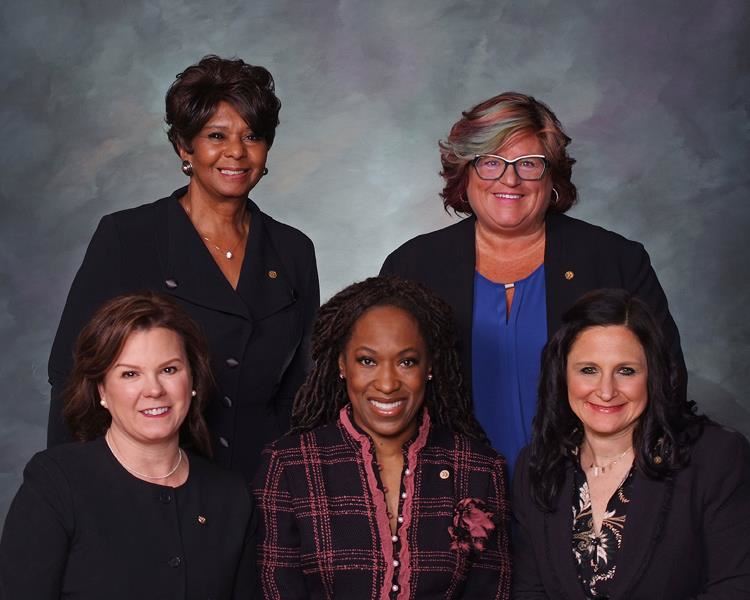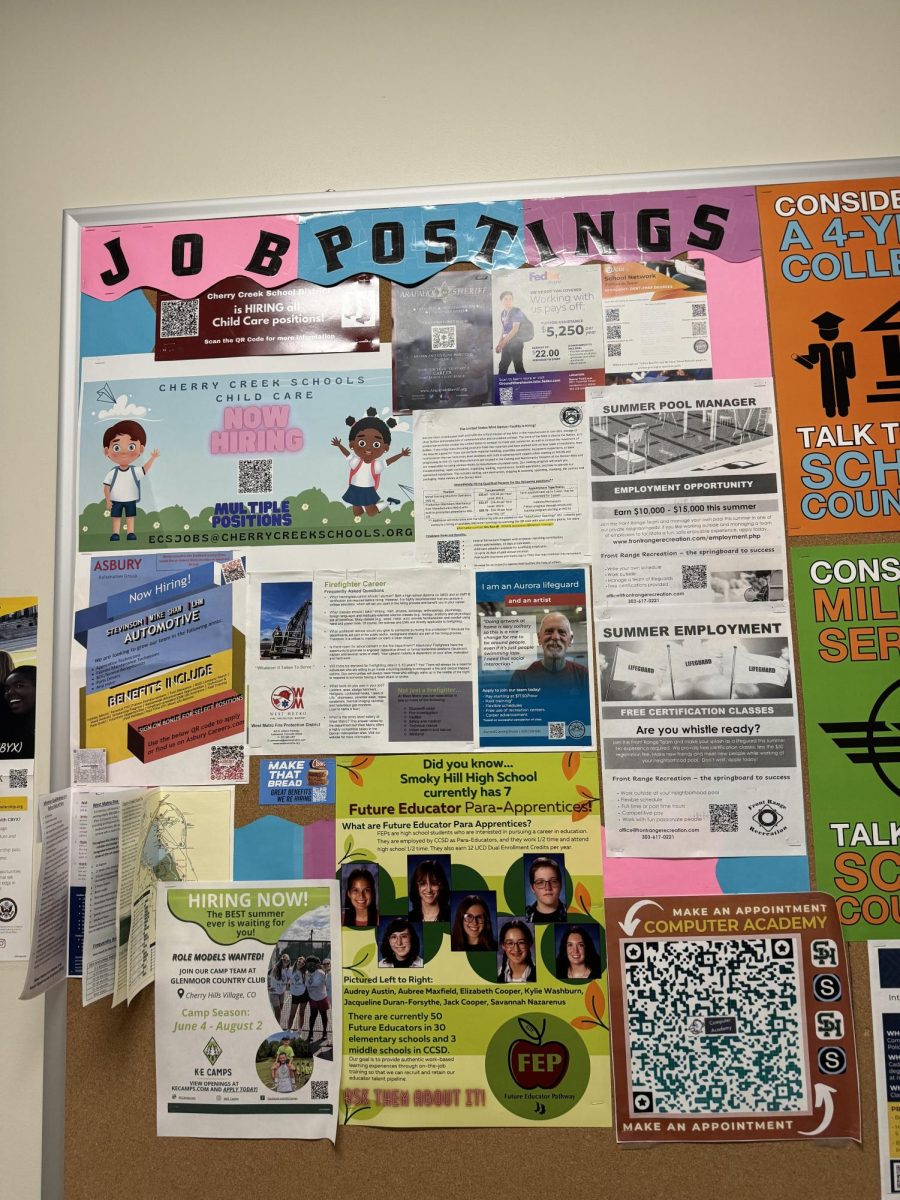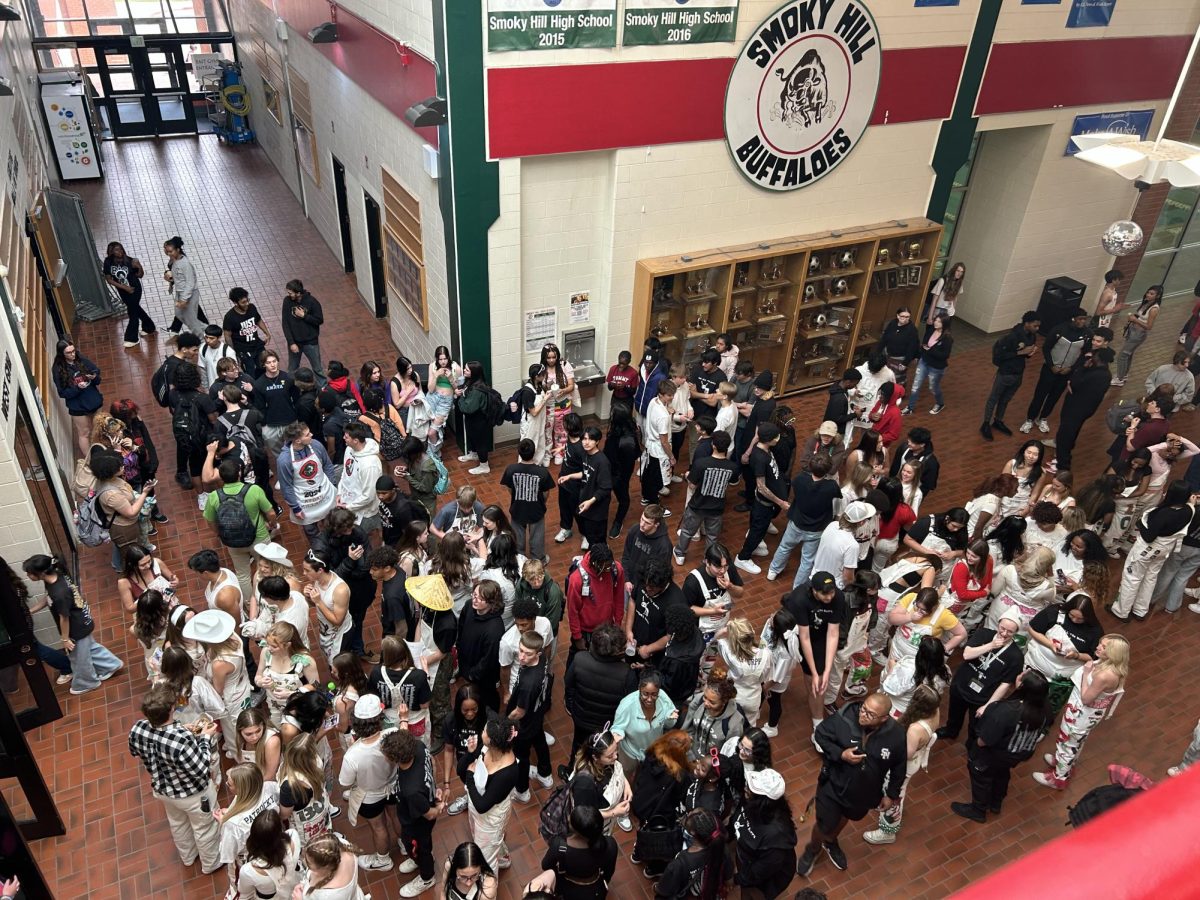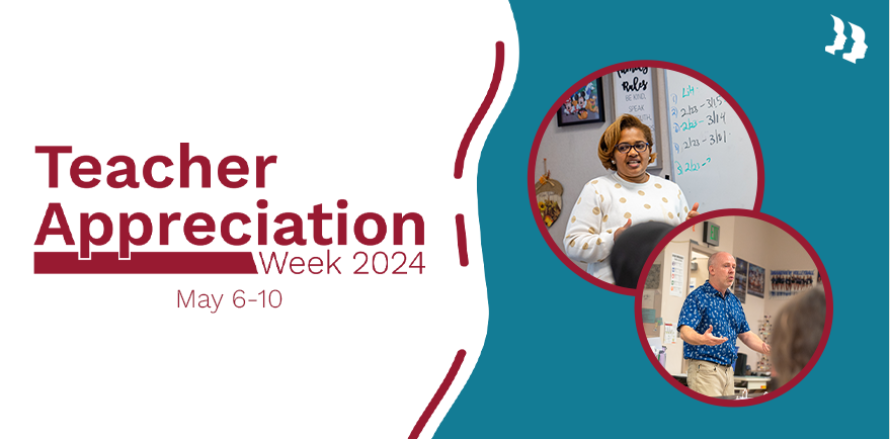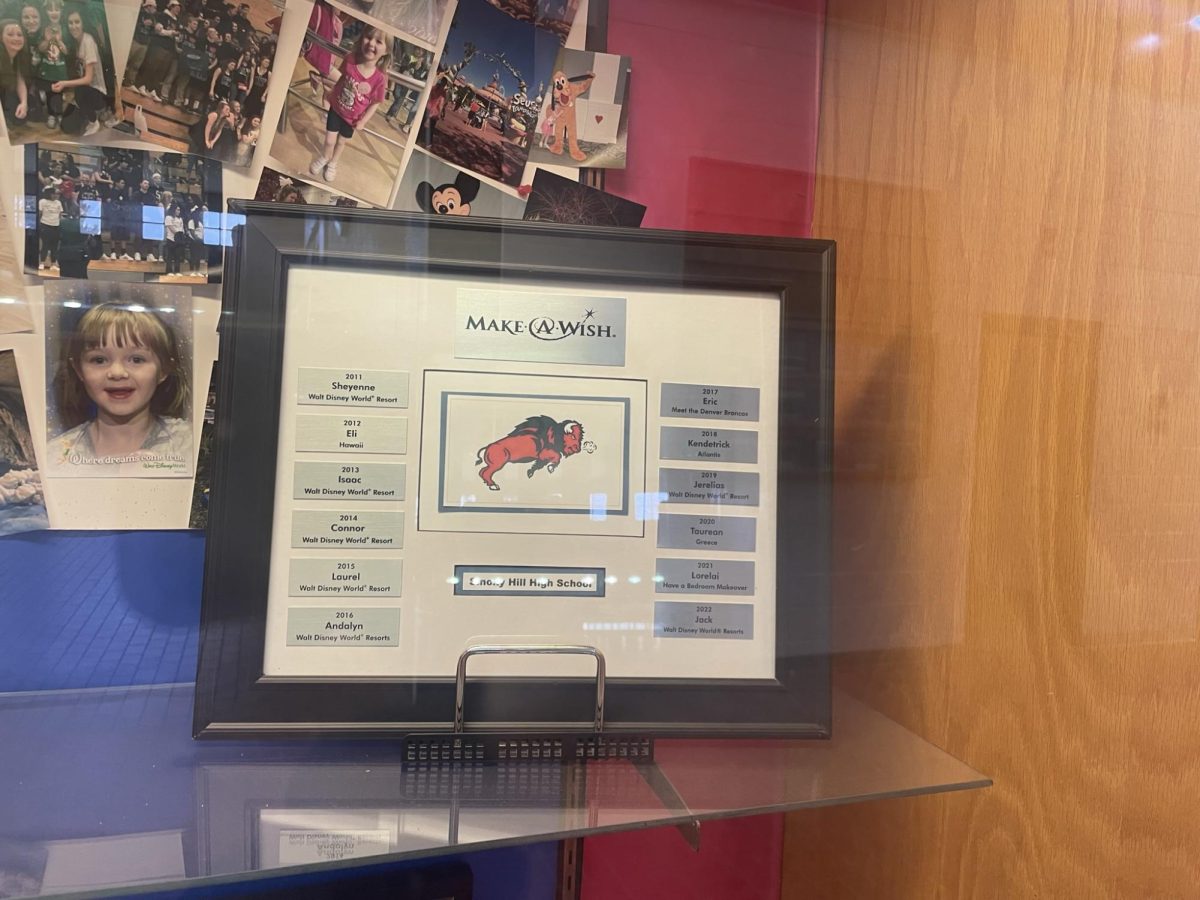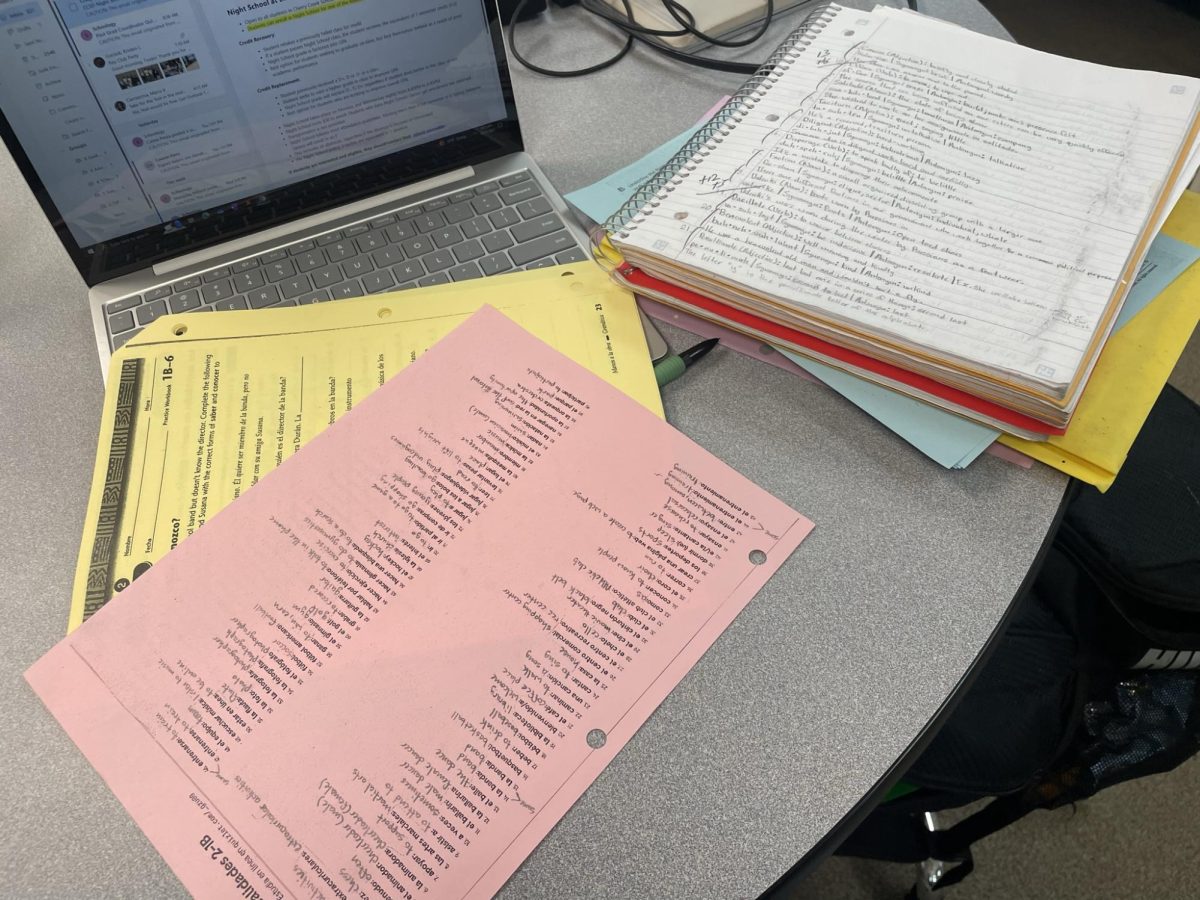Sex, Scandal, and Censorship: Who Do You Vote For?

This Nov. 7, the positions of Director of District A, currently filled by incumbent Anne Egan, and Director of District C, filled by incumbent Angela Garland are up for running by two new faces: Steve McKenna and Scott Graves.
As both men enter the educational atmosphere of the Cherry Creek School District (CCSD), newer ideas and actions of involvement are up in the air if election results turn out correspondingly.
Once the new Board of Education directors take their places, each will serve four-year terms. As time is ticking, the city of Aurora will take action in voting for an improved and well-functioning school district amongst other implementations.
For voter resources click here.
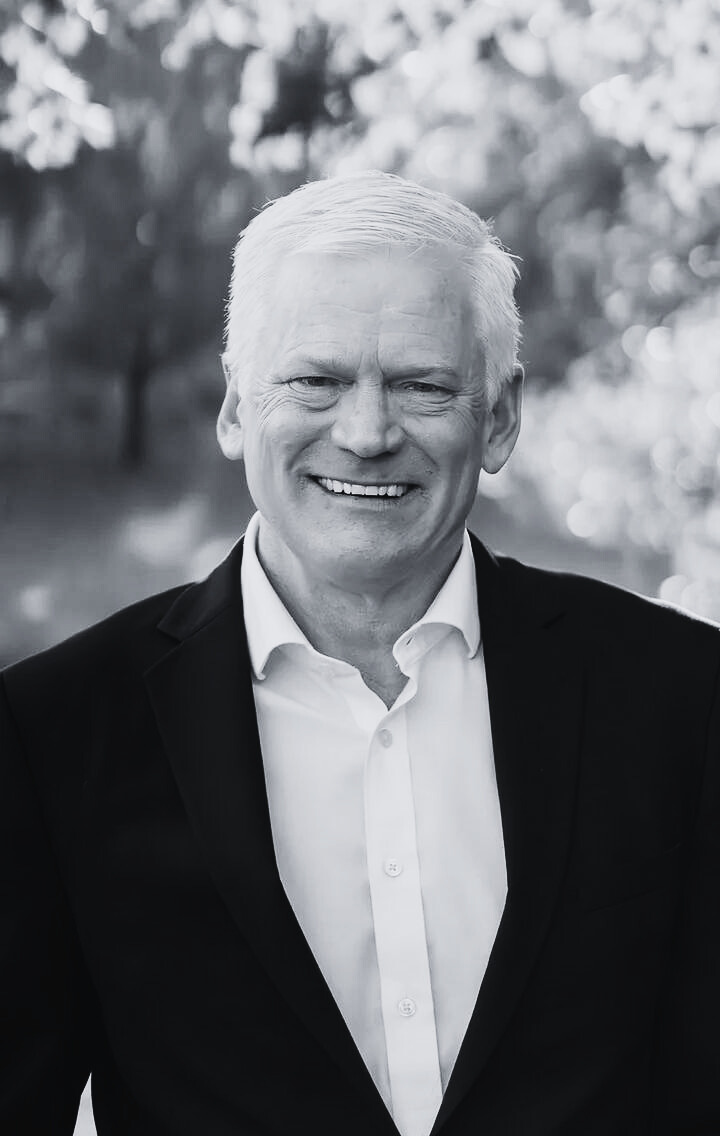
In early September of 1991, former Navy pilot Steve McKenna attended a naval convention at the Las Vegas Hilton hotel, an event at which he found himself by the poolside of a crowded bar area. In the subsequent moments McKenna, at the prompting of a colleague’s “crude sexual innuendo”, walked up to a woman at the bar and placed his bare penis atop her hair, actively implementing himself in one of the largest military sex scandals of all time: the Tailhook scandal.
Now, Steve McKenna is running for the directorial seat in Cherry Creek’s District A.
McKenna’s campaign has a strong basis in supposedly attempting to refocus the district on its academics, with the candidate citing unsatisfactory test scores as numerical evidence of a failure to allow all students to succeed, a failure partially due to a too great focus on “equity”.
“I think we’re asking a lot of the wrong questions. I do think that you know, our focus on equity and everything mis-defines the word equity, which simply means fairness. It doesn’t mean equality of outcome,” McKenna said, “And we seem to be focused on making sure that if we categorize our children by race or gender or sexual preference, and then look for disparities there, we’re making things better. I think we’re actually making things worse. You know, I’ve worked with people of all colors, religions, races, genders in my career, and I don’t look at people that way. I look at people for you know, are they good at what they do? You know, I taught some of the first women ever to fly combat aircraft, when they were allowed to do so in the early 1990s. And I will tell you, I didn’t care if they were a woman or not. I cared that they didn’t kill me while trying to land on an aircraft.”
While putting forward that demographic differences do play a role in disparities within test scores, specifically racially based disparities, McKenna makes clear that he does not believe race itself is a defining factor, with the evident focus on racial discrepancies within education he has come to notice, in his opinion, doing more harm than good.
“I think if you grow up thinking, you know, this country is systemically racist and you know, everybody’s out to get me because of the color of my skin or something like that. One. I don’t think it’s true,” McKenna said, “There certainly is racism in this country. Don’t get me wrong. I don’t think we’re a perfect society and country in any way, shape or form. We must improve. But we’re going about it the wrong way in my mind you know, we should be recognizing people of all colors and genders that are exceptional, of which there’s plenty. So we instead seem to be forcing this idea of equity on everybody. Where where we purposely look for you know, what, you just set the fact that Black and Hispanic children on average, not all of them, of course, some of them excel quite well on these tests, but on average score and more poorly.”
In recent years, book banning has become a topic pushing through the filtered gauze of indifference into the public attention. Quickly becoming a heavily partisan issue, the matter of limiting book access in school libraries has been debated by all on the large expanse of the American political spectrum, with this debate recently making its way into our own school district.
At a district-wide school board meeting on Oct. 9, the topic of ‘inappropriate’ reading material and the actions necessary for its control was brought up, specifically revolving around the book All Boys Aren’t Blue by George M. Jackson. Jackson’s book is a “memoir manifesto” attempting to paint his experience living as an African-American member of the LGBTQ+ community. A deeply personal tale depicting some of the defining events on Jackson’s journey of self-discovery, many have criticized the book for its supposedly graphic and unsuitable portrayal of sex, an issue that McKenna has made it clear he is in agreement with.
“I do think, you know, I spoke at a board meeting about the book called ‘Boys Aren’t Blue’, which has, in my opinion, a graphic depiction of sex with a child,” McKenna said, “I don’t think that’s appropriate for five to 10-year-olds, or, you know, 11 to 14-year-olds, for that matter, in middle school. And it, you know, and many parents have told me, they don’t think it’s appropriate either, and parents need a voice in this as well as the school and the librarian… So while I do not support banning books, I do not think curating libraries such that they carry the most appropriate materials for our students is book banning. It’s not by definition, it’s not. It’s, you know, the fact that I don’t have every book in the world on my bookshelf. In my office doesn’t mean I’m banning books. I’m just choosing the books that I think are appropriate.”
Criticism which has been leveled against the book has often taken on a distinctly anti-LGBTQ angle, with many claiming that McKenna’s own critiques and arguments for the removal of the book from school libraries fall under the same distinction.
“But I think the defense of these books, like ‘Boys Aren’t Blue’ is based on a twisting of the truth, which is that anybody that you know, objects to that book in a library is anti-gay because the graphic depiction of sex is between a man and a child,” McKenna said, “No, it has nothing to do with whether somebody’s gay or that. It’s, again, you know, a graphic depiction of a heterosexual adult couple wouldn’t be appropriate for an elementary school library… But for a very young child to you know, again, I don’t think they’re necessarily pushing it, but the fact that they’re making it available and the fact that they’re defending it, with this twisted argument that anybody that objects to it is anti-gay or anti-LGBTQ, which I am not by the way, adults have to choose to live their life however they wish to. I kind of wish people would quit telling me how they like to have sex. I don’t really care what I hear about it.”
McKenna considers himself an optimal candidate because of his personhood. From father to veteran he prides himself upon his character, a character which has taken a lifetime to meticulously craft and manicure for a wider audience, with him hoping to move past his prior “mistakes”, even those which have the potential to besmirch his valued integrity.
In his own 2022 memoir Fair Winds, Following Seas, and a Few Bolters: My Navy Years, McKenna presents a frank account of his 1991 assault at the Las Vegas Hilton, and in subsequent interviews has stoutly asserted his desire to move on, citing his youth (McKenna was 29 at the time of the incident) and his immaturity, even in the face of such a serious crime, as large contributors to his actions that September.
“The point of writing about it was to point out that I made a huge mistake in my life, which I regret that, I’m sorry for [it],” McKenna said, “And you know, but I learned from it. And I was held accountable for it, which I think is important. But then I moved on, it’s like, you know, what do you want me to do okay, I did something really dumb and offensive and you know, but I’m not gonna hide under a rock for the rest of my life.”
As a candidate, McKenna hopes that his actions will have little hold on the imminent election, once again attempting to harken back to the ‘character’ he has built over the years following the incident, and aims to, as he intends to leave his transgressions in a supposedly distant past, direct people to his contemporary achievements as a method of overshadowing a mature offense which is the apparent mistake of youth.
“Well, you know, if people don’t want to vote for me because of this that’s up to them. What I have said was that this happened a long time ago,” McKenna said. “I apologized for it, and have moved on and led a pretty good and productive life since then. Without doing anything that stupid again… Personally, if you know, if I knew someone who had a DUI, which I have received, twice, several years ago, but hadn’t in the past 30 years and was a responsible adult and citizen. Does that mean they can never hold public office? I don’t think so. I mean, look at some of the scandals some of our current politicians have been involved in.”
Steve McKenna remains a polarizing figure in the upcoming school board election, a family-oriented candidate who hopes to veer away from ‘falsified equity’ plaguing the district, with a past marred by poolside bars and unscrupulous actions he intends to blame, partially, on a supposed lack of years. Raising the self-searching question: who do you vote for?
For the full interview with Steve McKenna click here.
To read Steve McKenna’s resume click here.
To learn more about McKenna’s campaign click here.

Graves has been involved in the district both as a parent and educator.
“All my boys, you know, have been through Cherry Creek Schools. But I actually taught band, orchestra, [and] choir theater,” Graves said.
However, teaching hasn’t been the only experience Graves has been familiar with in his working history.
“After the financial crisis, I got laid off. And so I ended up switching careers and moved back to Colorado from Texas where I was teaching and started my own business,” he said, “And so I’ve been doing that now. I’ve been a financial advisor for the last 12 years and independent and been successful with that really enjoyed it.”
With a prior background in both finance aspects and teaching, Graves hopes to combine the two if election results respond accordingly.
“I think that between having been in the trenches, you know, with teachers knowing what it takes to be a teacher, as well as my education as a master’s in education, and then running a business finance business, you might have a good understanding of how finance works, how school finance works,” Graves noted, “And so far, I think that I’m hoping that between education and experience, I’ll be able to do some good.”
As a member of the CCSD Board of Education (BOE), the BOE is in a prominent position to have policies implemented and action taken throughout the district in school environments.
“The Board invites citizen involvement in the schools, believing that quality education is a responsibility all must share,” according to the Board of Education homepage, “Board meetings are held monthly, usually on the second Monday of the month, 7:00 p.m., at one of the Cherry Creek Schools.”
In these meetings held by CCSD, participation in crucial voices is encouraged, and fresh ideas to create a better district.
So what does Scott Graves bring to the table?
“I am very concerned about how we are academically in the district right now. Less than 53,000 students in the district and less than 50% of our students are at grade level in English according to the state standards, and less than 40% are at grade level in math. And yet, we’re graduating over 90% of our students,” he said, “So I’m very concerned that we’re leaving kids behind, like, graduating kids who aren’t ready to go off into whatever it is they’re going to do, whether that means college or, a career, or the military, whatever that is especially with today’s economy.”
Graves looks forward to changing the way students retain education by improving methods in the classroom and positions teachers hold in addition.
“Students need to be agile. In order to be agile, they need to have that understanding of the basics, as well as really good critical thinking skills. My first concern is that we need to shine a light on that and we need to have our focus be put back on just teaching, letting teachers do their thing, and then making sure our kids are going to get a good education,” Graves said.
As Graves has emphasized, some obstacles have been in the way from sources- most significantly, previously enforced district policies.
“Unfortunately, right now, there are some policies from the district level. This is not the teacher problem,” he mentioned, “We have fantastic teachers in the district, but there are some policies at the administrative level, at the district level, that are getting in the way and we’re putting burdens on our teachers outside of what it is that they should be doing as teachers, which is to inspire and educate kids.”
Graves strongly believes the policies are a result of student behavior in the classroom.
“Part of that management of your classroom is, you know, a ‘discipline matrix’. The ability to say, okay, if a student misbehaves, then certain things need to happen and we’re asking teachers to do that, in an unequal way, that’s not equitable,” he says, “We’re asking teachers to judge different students in different ways, and to keep track of all that, that’s a problem.”
Graves would rather highlight the importance of education, mentioning the event of activism in the classroom atmosphere.
“We’re asking teachers to, to bring into their classrooms, certain political bends for them and to try to teach kids to be activists, which, if a kid wants to be an activist, great, if I believe in changing the world and in changing the world around you, that’s an inspiring thing,” Graves said, “But ultimately, if we’re focused on that, I think we were focusing on that sometimes more than we should be, rather than on those basic educational skills.”
Educational skills in addition to other wants and needs for the future of CCSD rely heavily upon community involvement as well. With weekly candidate forums held leading up to election day on Nov. 7, insight into who these candidates are along Graves is presented to parents, staff, and community members.
“I think that one of the things that we need on the board is more diversity of opinion,” he responds, “The board has had very, very, very few decisions that were not unanimous and that’s all fine and good, but I just feel like we need some new shots, some new opinions, some new ideas from somebody who has not only been in the trenches with teachers but has also been out in the community and worked with other parents and community members.”
Graves more specifically points out parent attendance in these meetings that would guide for more success.
“Our opposition has said, come to these important meetings, the other DAC meetings and the UIP meetings and, and whatnot, come and be involved. Well, it’s not as easy as that, you know. And so if we can make it easier for parents to be involved, then we’ll have more parents involved,” Graves said.
As candidate forums wrap up and election day is near, the decision for new district representatives could possibly change the course of events for what CCSD will look like.
For the full interview with Scott Graves click here.
To read Scott Graves’s resume click here.
To learn more about his campaign click here.



